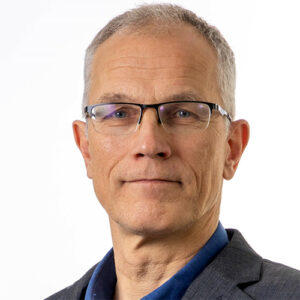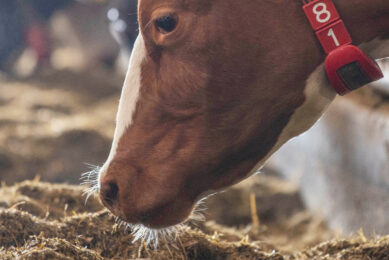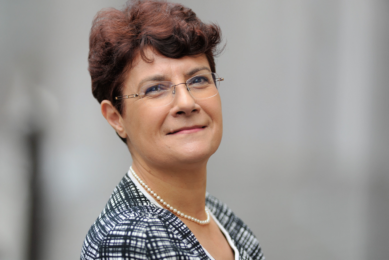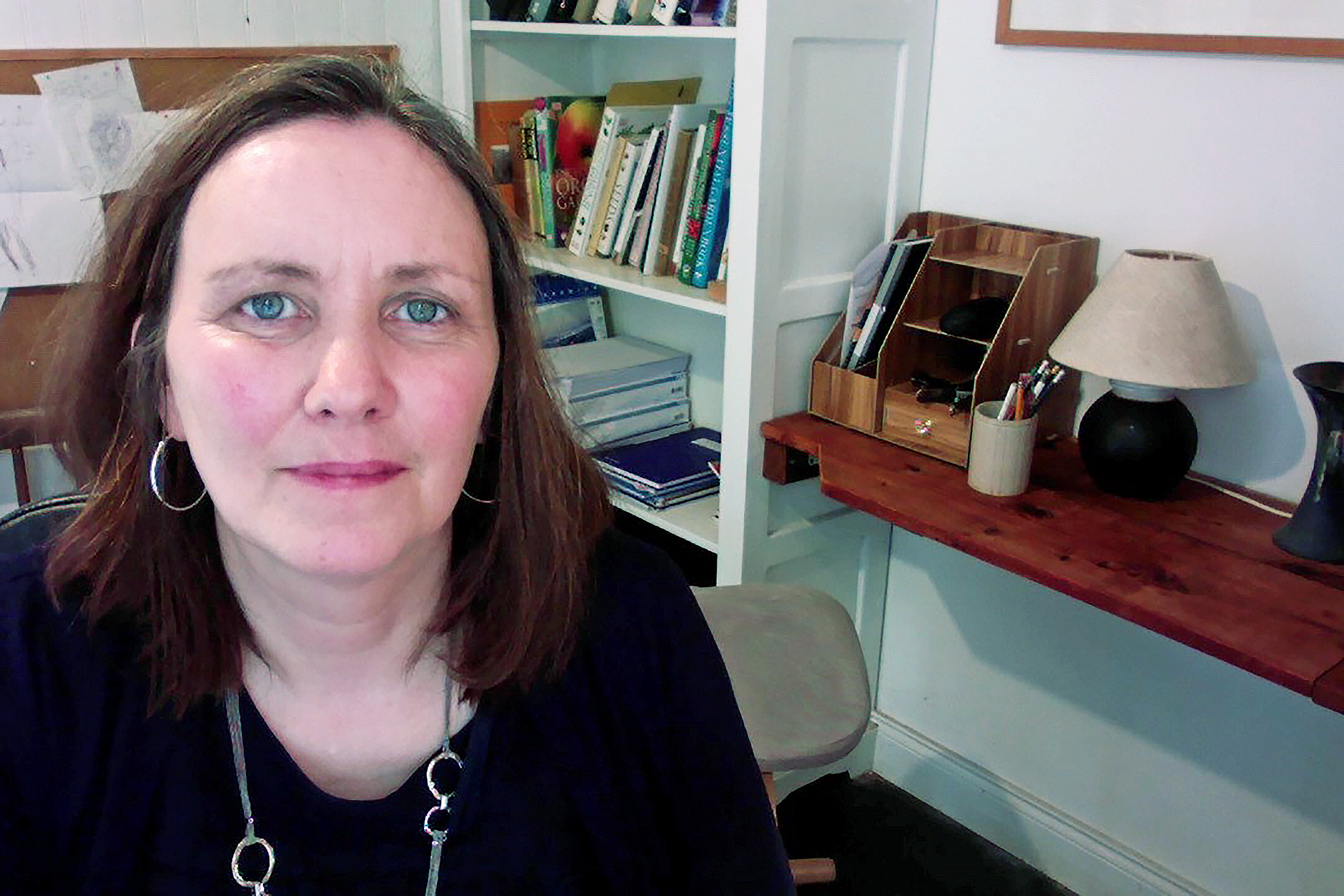Van Karnebeek, CEO FrieslandCampina: “Indonesia is very profitable”
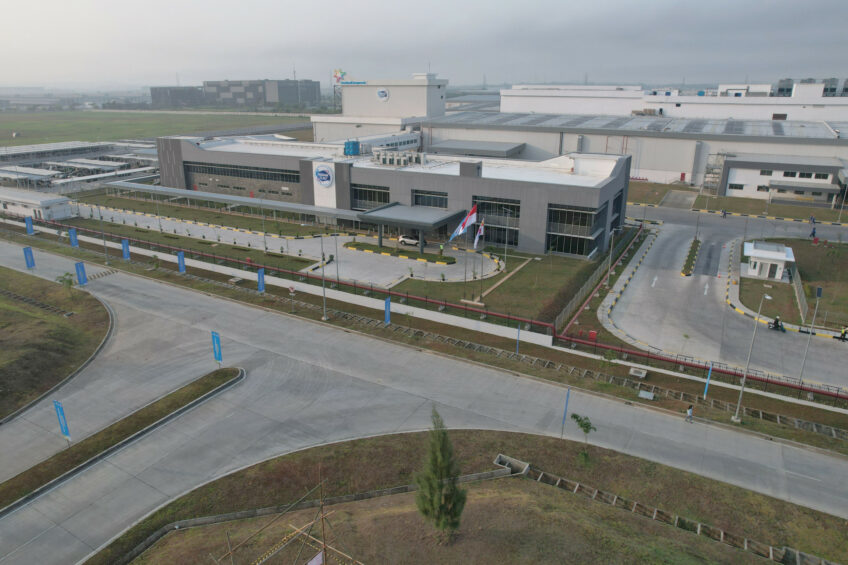
You can certainly call the new factory near Jakarta a mega project. What does this investment of a quarter of a billion euros mean for livestock farmers there and in the Netherlands? We speak with FrieslandCampina executives – cooperative chairman Sybren Attema and CEO Jan Derck van Karnebeek – on location in the new factory in Cikarang near Jakarta, just after the official opening on 2 July.
New and spacious, the new factory of Frisian Flag Indonesia (FFI) exudes high-tech and efficiency. The 25 hectare industrial complex could just as well have been located somewhere in Europe. But this is Indonesia, a developing country where dairy is seen as a luxury product. Farmers have an average of 3-4 cows from which they receive 6 litres of milk per day, usually by hand. A greater contrast between suppliers and processors is hardly conceivable. It therefore sounds strange that the cooperative from the wealthy Netherlands manages to earn money here.
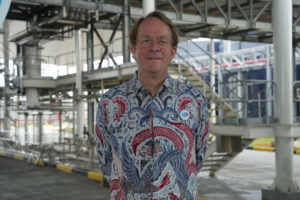
And yet FrieslandCampina speaks of a win-win situation. The dairy company is making a profit on the country’s growing consumer market and will export from Indonesia to surrounding countries. The local livestock farmers, in turn, have a buyer who also helps them develop their businesses. For this purpose there is the Dairy Development Program with various supporting activities.
Indonesia produces only 20% of the milk it consumes. At FrieslandCampina, the share of local milk is said to be somewhat higher, but the company does not provide figures for this, for competitive reasons. The old factory in Jakarta no longer processes local milk; in the new one, more than half of the processed milk comes from the country itself. The rest comes from abroad in powder form. Dutch milk is hardly processed in Indonesia, Attema explains. “Milk powder is a global trade. FFI buys it based on what it needs, at the best price. This could, for example, come from Fonterra or from other market parties.”
What do the members of FrieslandCampina gain from this activity? It is a huge investment.
CEO Jan Derck van Karnebeek: “Indonesia is one of our most profitable subsidiaries,” he says. He does not provide exact figures, because the company does not disclose turnover and profit per country. “But I can say this: of our foreign branches, this is one of the most important, in terms of turnover, profitability and growth potential. Indonesia has been contributing positively to FrieslandCampina’s results for many years.”
No profit was made last year. At the same time, there is such a major investment here. Was that difficult to explain to members?
Van Karnebeek: “We were not satisfied with those results ourselves, so we took serious action; we have reorganised, and investments are being made. You also have to look at the long term. The members understand that. The Member Council approved this investment in 2020.”
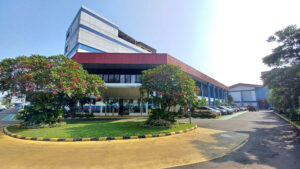
With such foreign activities, are you not too exposed to all kinds of risks that are difficult to manage, such as currency fluctuations?
Van Karnebeek: “We are in many countries. That is an advantage. You shouldn’t be dependent on one market. Yes, you can be affected by unexpected circumstances. The countries where there is economic and political uncertainty are often also countries where there is growth. But a headwind isn’t the end of the world. FrieslandCampina is large and robust enough to absorb setbacks. We continue to believe in these markets. Take Indonesia – 275 million people live here and the economy is growing. Dairy consumption per head is only 16 kg. In surrounding countries this is 26 to 36 kg. So we see enormous growth potential.”
The New Zealand dairy cooperative Fonterra has left the consumer market and is focusing entirely on milk powder and other raw materials. Does that mean an opportunity for FrieslandCampina?
Van Karnebeek: “I do not comment on the business of others. But we are of course thinking about what this means for us. We seize every commercial opportunity, whether it is because Fonterra decides something or because another competitor leaves something out. But I don’t see this as something very special.”
It might also provide inspiration? At FrieslandCampina, the brand strategy has not quite lived up to expectations, and in the latest annual report you can read a revaluation of bulk production.
Van Karnebeek: “Our strength is that we are active in various markets. We supply ingredients for infant nutrition, medical nutrition, sports nutrition and also for pharmaceutical products; we do private label, we are in the catering market and we do brands. We are proud of that brand business and it remains important, but we are also happy with that breadth of activities. We are a very different company to Fonterra – we have more breadth in our operations and more scale in the consumer market. We are in such strong positions that we look with confidence to the future of our consumer activities.”
In the Netherlands, how are membership recruitments going?
Attema: “In June, the Members’ Council made a number of adjustments to the regulations to become more attractive. We now process 61-62% of the Dutch milk volume and we want to maintain that share in the future. That is our ambition. This is therefore not expressed in an absolute number of kilos of milk, but in a share. We are currently recruiting members in the Netherlands, Belgium and Germany, and there is interest. We do not make any statements about numbers.”
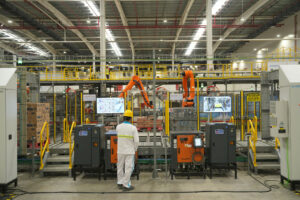
There is growth here in Indonesia. Can livestock farmers also become members here?
Attema: “That is very difficult. Then they would have the same rights, but also the same obligations. Then they also have to contribute to the financing, for example. The average member of FrieslandCampina has €80,000 in the cooperative. That’s serious money. They don’t have that here. There is still a very big difference between how farming is done here and in the West.”
A decline in milk production in the Netherlands is expected. What is your expectation?
Attema: “We expect that the shrinkage will depend on how quickly measures are introduced. Dutch dairy farming has proven for decades that it can be flexible to changes. But if they happen very quickly, the shrinkage could also happen at an above-average rate.”
How big will that shrinkage be? You hear all kinds of estimates – 10%, 20%…
Attema: “It will be somewhere in between, but no one knows exactly what it will be.”
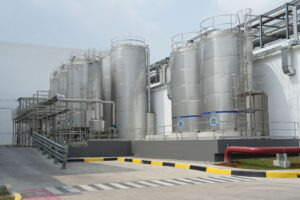
What does this contraction mean for the milk price?
Van Karnebeek: “There is a growing demand for milk with a shrinking milk pool. It doesn’t take rocket science to see that competition for milk will increase. So there is competition for members and future members and that is good news for dairy farmers.”
Shrinkage in the Netherlands, growth and new investments in Asia. Is FrieslandCampina’s centre of gravity also shifting?
Van Karnebeek: “Please note, we also invest in Europe. Worldwide, the demand for dairy is still increasing, shared by the industrial population and the industrial middle class here in Southeast Asia. But there are also dairy markets in the Western world that are still growing. Think of chef’s cream in the catering industry, butter for croissants, ingredients for sports nutrition, medical nutrition. We are in all those submarkets and are happy enough with growth.”
Translated from Boerderij.


